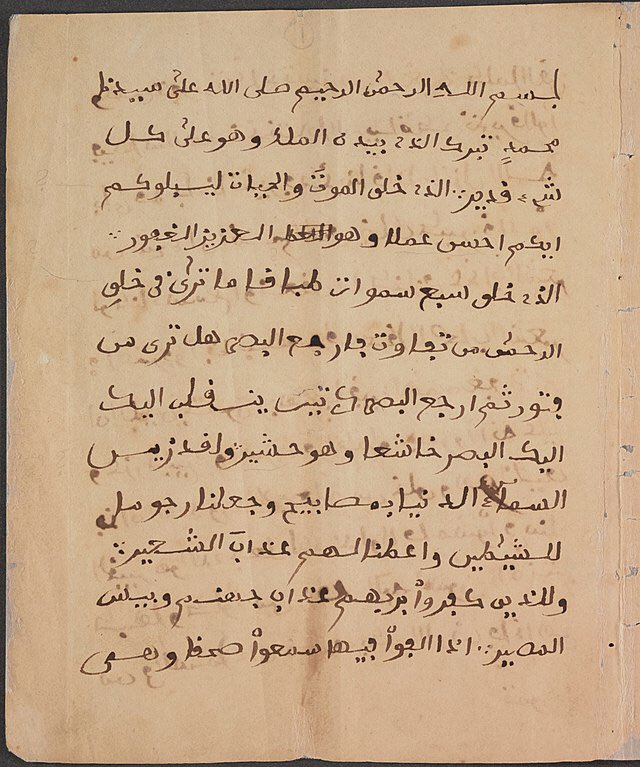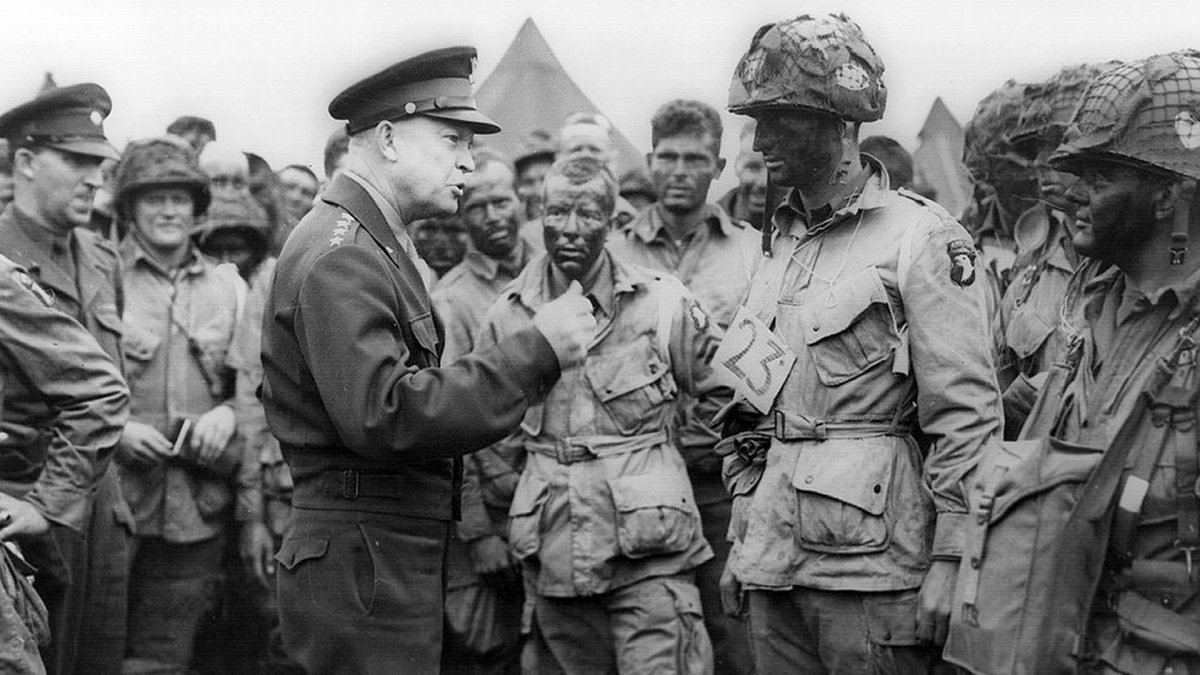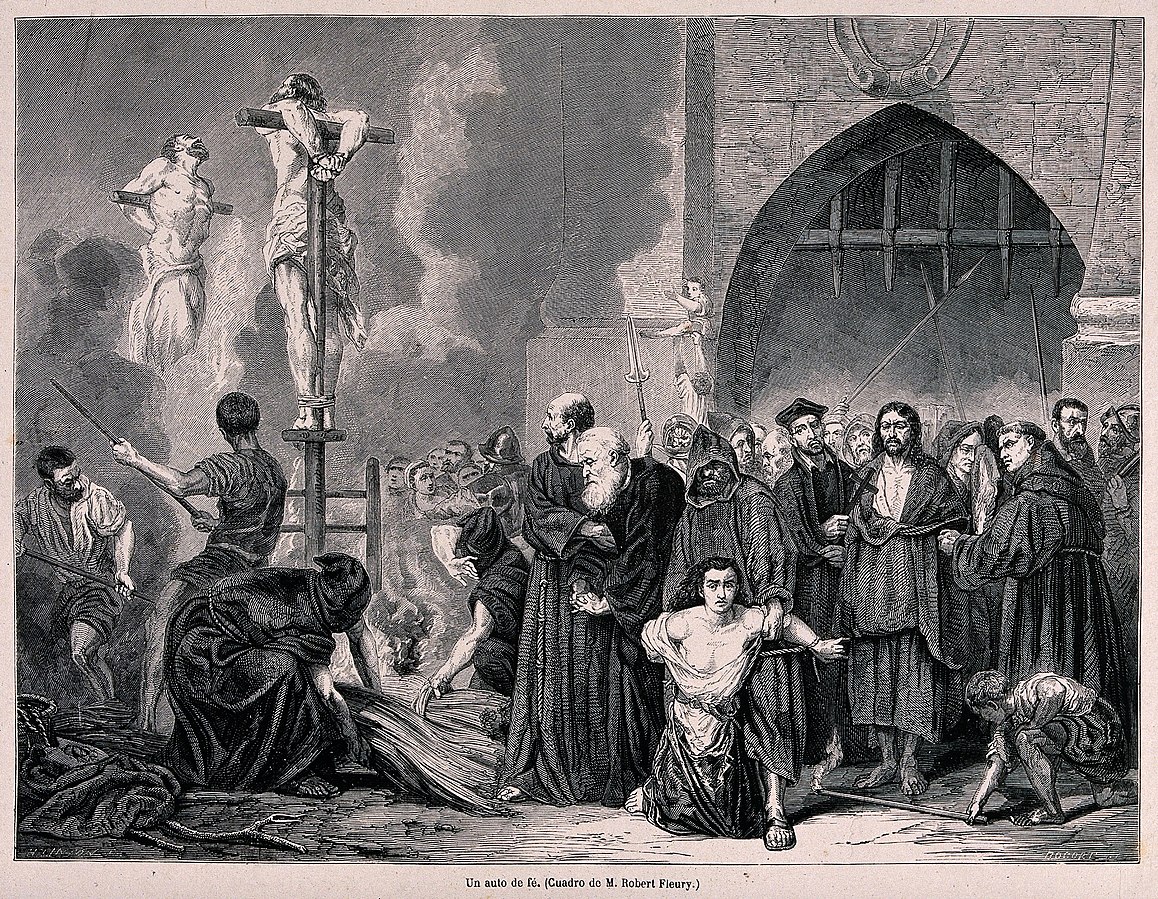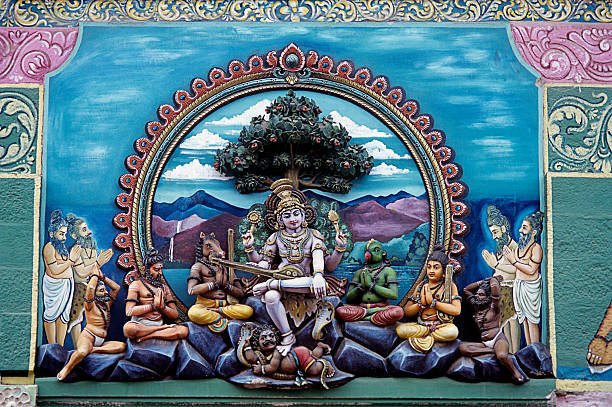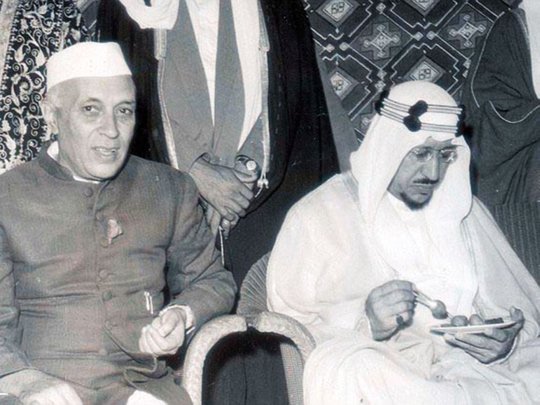In his autobiography, he writes that he was taken “to a place called Charleston in the Christian language.”
A brief thread on the life, religion, and language of Omar ibn Sa’id, author of the only known Arabic-language autobiography of an enslaved person in the United States.
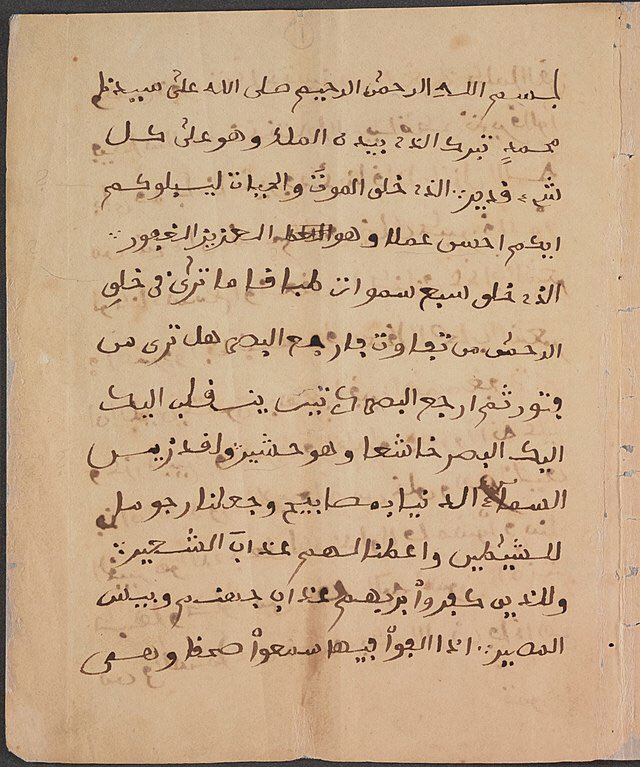
In his autobiography, he writes that he was taken “to a place called Charleston in the Christian language.”
He writes more about Jesus after his conversion, but the language he uses is consistent with Islamic views of Jesus - المسيح (Messiah) and سيدنا (our master), but not ربنا, our Lord
Al-Mulk begins “Blessed is the One in whose hands is all dominion, and he is powerful above all things”. Only God has sovereignty, it asserts.
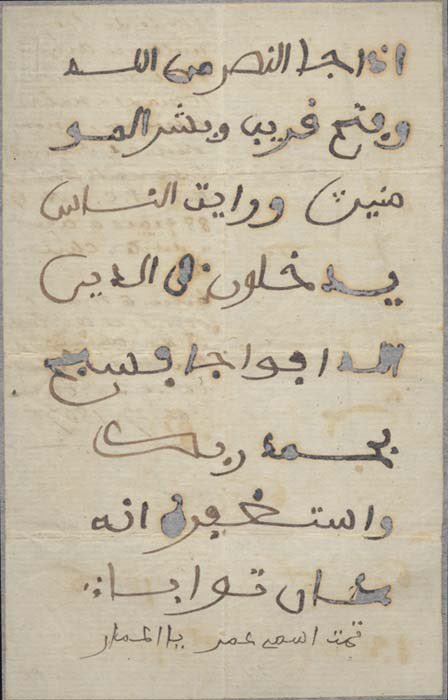
https://t.co/pwFOPD3K50
https://t.co/iP8rUM5FWi

